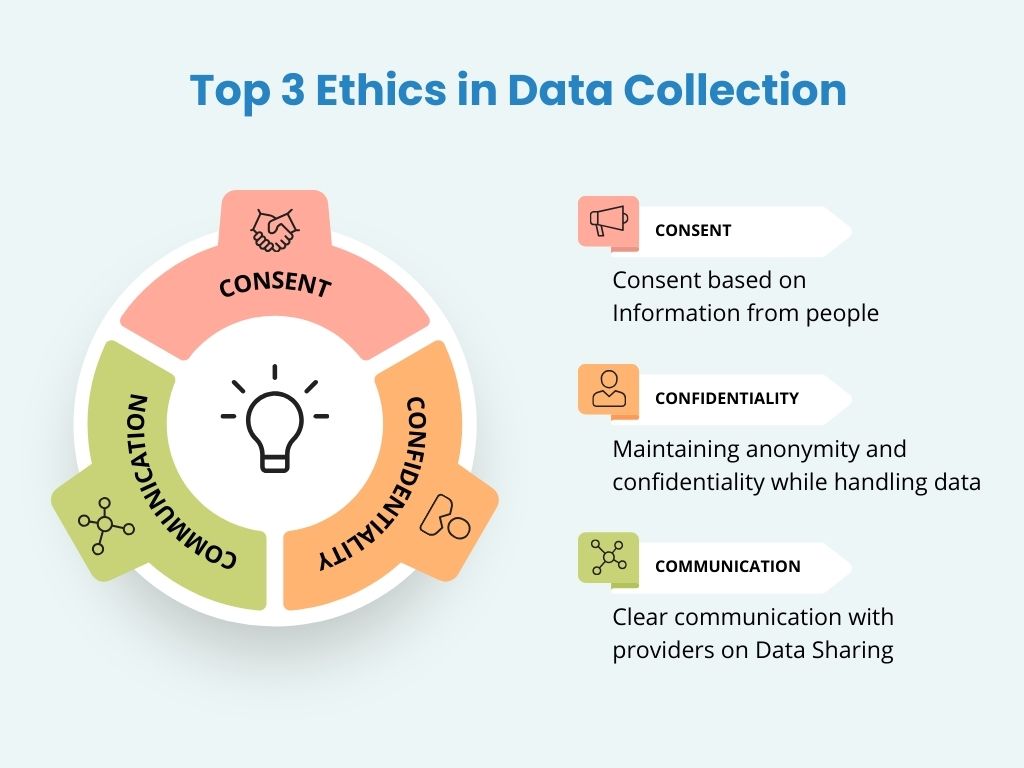Ethical Considerations in Social Media Data Collection
In the digital age, social media has become a goldmine of data, offering unparalleled insights into consumer behaviors, preferences, and trends. However, the collection and utilization of this data raise significant ethical considerations that businesses, researchers, and policymakers must navigate. From privacy concerns to the potential for misuse, understanding and addressing these ethical considerations is paramount to maintaining trust and integrity in social media data collection practices.
1. Privacy and Consent
One of the foremost ethical considerations in social media data collection is the issue of privacy. Social media users often share vast amounts of personal information, from their interests and demographics to their location and online interactions. However, the collection of this data must be conducted with full transparency and user consent. Businesses and researchers should clearly communicate how data will be collected, stored, and utilized, and obtain explicit consent from users before accessing their information. Additionally, users should have the option to opt out of data collection practices if they so choose.
2. Data Security and Protection
Ensuring the security and protection of social media data is another ethical imperative. With the increasing prevalence of data breaches and cyberattacks, businesses and organizations must implement robust security measures to safeguard user information from unauthorized access or misuse. This includes encrypting sensitive data, regularly updating security protocols, and adhering to industry best practices for data storage and transmission. Moreover, businesses should be transparent about their data security practices and take responsibility for any breaches or vulnerabilities that may occur.
3. Accuracy and Transparency
Ethical social media data collection entails a commitment to accuracy and transparency in the collection, analysis, and interpretation of data. Businesses and researchers should strive to ensure that the data they collect is accurate, reliable, and representative of the target population. This may involve employing rigorous methodologies, avoiding bias in sample selection, and clearly documenting data sources and analysis techniques. Additionally, findings derived from social media data should be presented transparently, with clear explanations of the limitations, assumptions, and potential biases inherent in the data.
4. Respect for User Autonomy
Respecting user autonomy is essential in ethical social media data collection practices. This means empowering users to make informed choices about the use of their data and respecting their preferences and boundaries. Businesses should refrain from engaging in deceptive or manipulative practices to obtain user data, such as misleading prompts or hidden data collection mechanisms. Moreover, businesses should honor user preferences regarding data privacy and consent, allowing users to control their own data and providing mechanisms for data deletion or withdrawal of consent.
5. Minimization of Harm
Ethical social media data collection involves minimizing the potential for harm to users and communities. This includes mitigating risks such as data breaches, identity theft, discrimination, and unintended consequences of data analysis. Businesses should conduct risk assessments to identify potential harms associated with data collection and usage, and implement measures to mitigate these risks. Moreover, businesses should be mindful of the potential for data-driven decisions to exacerbate existing inequalities or perpetuate harmful stereotypes, and take steps to address these concerns through responsible data practices and ethical decision-making.
Conclusion
Ethical considerations in social media data collection are of paramount importance in an increasingly data-driven world. By prioritizing privacy and consent, ensuring data security and protection, maintaining accuracy and transparency, respecting user autonomy, and minimizing harm, businesses and researchers can uphold ethical standards and build trust with users. By adhering to ethical principles in social media data collection practices, businesses can harness the power of data to drive innovation, inform decision-making, and create value while safeguarding the rights and interests of individuals and communities.
